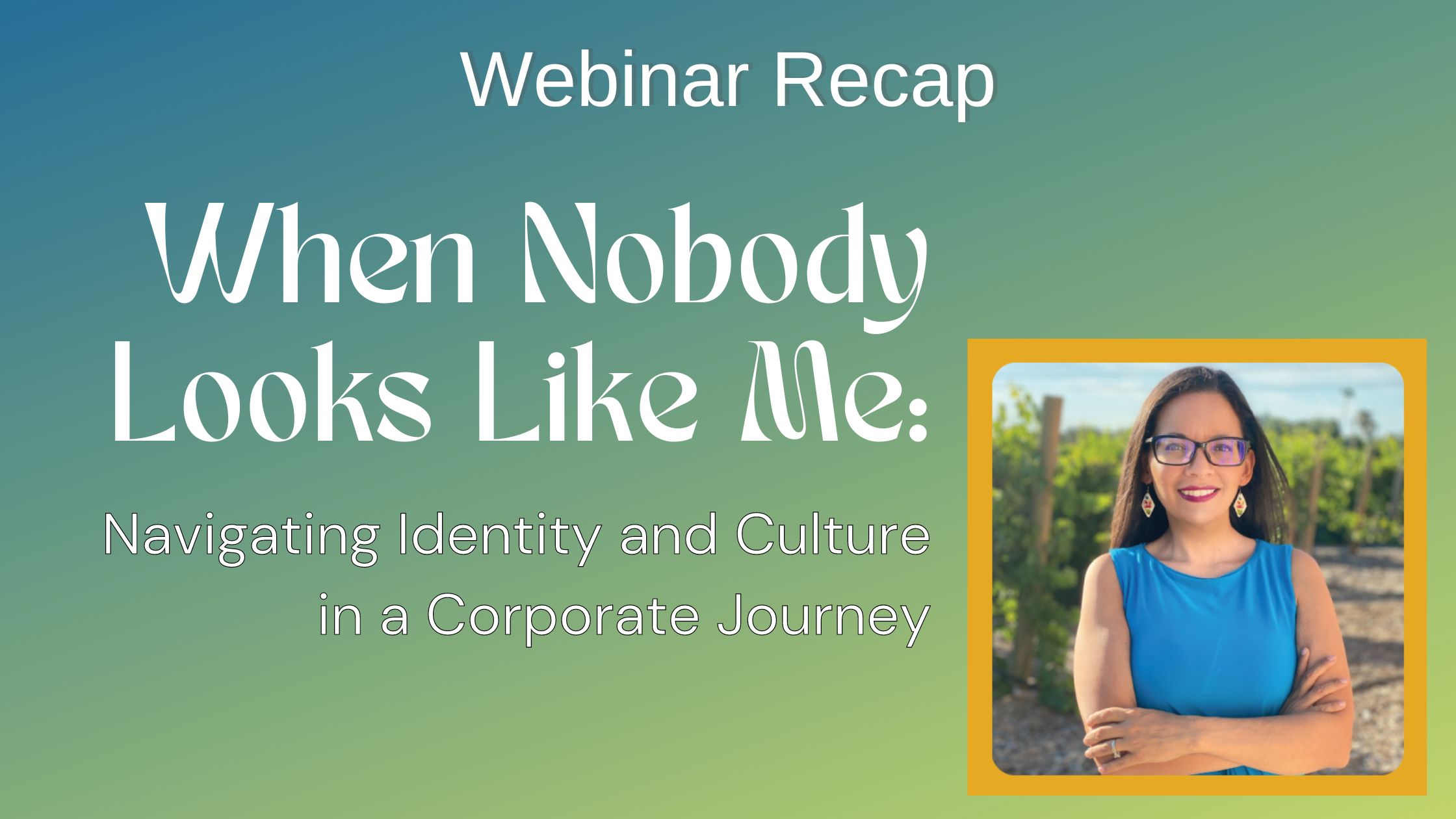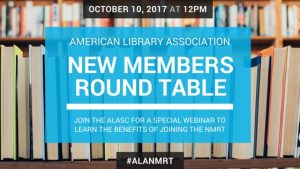Notes from CPGE’s First Academic EDI Webinar
This year, SJSU ALASC has decided to do something a little different. We’ve selected a theme to focus our events and discussions as we all slide a little closer towards the dreaded ePortfolio. This semester, we’re meditating on the theme of self-advocacy, which relates closely to Competency D (Apply the fundamental principles of planning, management, marketing, and advocacy).
Showing Up as a Complete Individual
On Thursday, September 29, our friends at the College of Professional and Global Education (CPGE) kicked off their academic EDI webinar series with Maria Medrano, Senior Director of Diversity Partnerships and External Engagement at Google. Medrano received her B.S. from San José State University in 2002 and has since enjoyed a successful career in business.
During her presentation, titled “When Nobody Looks Like Me: Navigating Identity and Culture in a Corporate Journey,” she talked about being a first-generation American of Mexican descent and a first-generation college graduate entering a different world of suits and business.
In a world of Silicon Valley CEOs encouraging people to work all night for the sake of productivity, it was refreshing to hear a proud, self-proclaimed Mexican-American woman and mother take another route full of relationship-building rather than individualistic drive.
Here are some of her tips for advocating for yourself in a corporate world:
Observe and know there’s a way to join a culture without losing who you are.
Medrano asks, “What is your non-negotiable?” Hers, for example, are “that I’m Mexican-American, that I’m a mom of three, that my dad came from Mexico.” Make sure that you invest in groups that recognize, connect with, and share those non-negotiables. She mentions that this is an important part of beating imposter syndrome in rooms where no one else looks like you.
Create new connections that matter.
Take the time to transfer knowledge and watch those mere “transactions” turn into relationships. Then, invest in them. It doesn’t take much. These connections are easy to uphold by an occasional text or even an occasional missed call. If you want to build a connection with someone, you have to go first.
Make your needs known.
No one knows what you need better than you do. If you want to be introduced to someone, find ways through your network to make that connection. When you build trust with your mentors, they will feel comfortable recommending you to others. Be careful that you do not break that trust.
“Ring the bell for others.”
Celebrate/acknowledge/recognize others’ contributions and success. When you gather, center that person in your stories. How did they invest in you? Show how you value your relationship with that person.
Invest in you.
Go to therapy and professional development programs. Ask yourself, “How could I show up to ensure that I didn’t leave who I was at the door… [to] really ensure that I show up as a complete individual?” If you feel immediately overwhelmed by this, don’t forget that the time you’re spending in school, with guidance counselors, at the career center, and at the library are a form of self-investment as well.
Learning to embrace feeling
All of these tips were incredible to hear from someone in a corporate setting, which so often seems devoid of positive language about therapy and self-advocacy. It really feels like industries are turning the corner on objectivity and learning to embrace feeling.
Before the webinar ended, Medrano dispensed this challenge:
Create a list of three people just outside of your network whom you would love to have a minute with. If you had time to connect with that person, what would you want? Why would you connect? What would you want out of that conversation once you have pulled together and reached out? Then, reach out. If you don’t get a response back, there’s no harm in following up. After the second reach out, leave it as it is. But it never hurts to try.
Self-advocacy is a journey all professionals should undertake. Mark your calendars for CPGE’s next events.

